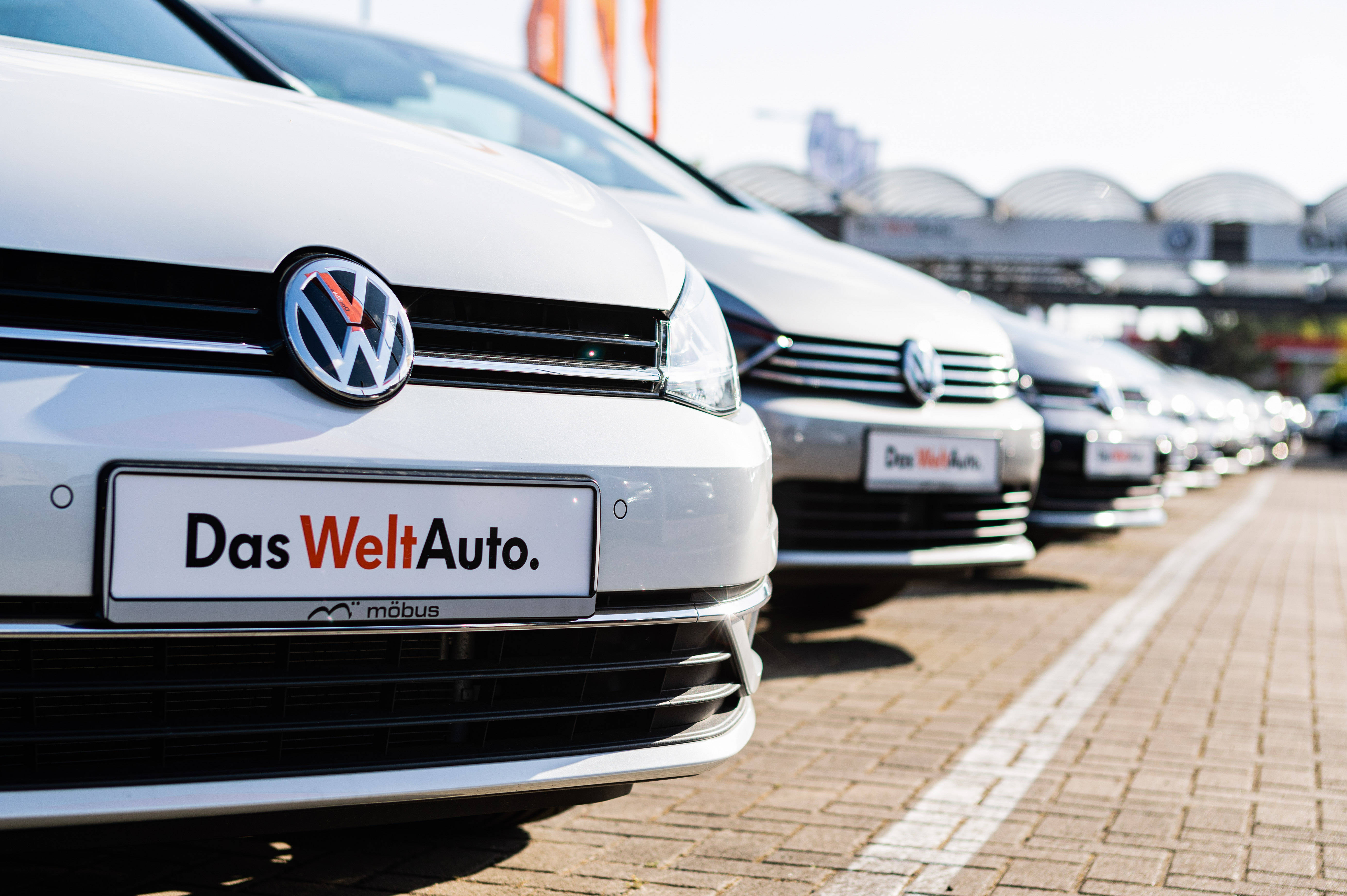
The German car industry, once a glorious economic engine, is now facing unprecedented difficulties. Volkswagen closed three local factories and planned tens of thousands of job cuts, and Bosch announced nearly 10,000 job cuts, which undoubtedly cast a thick shadow over the German economy.
In the current profound changes in the global automotive industry pattern, the plight of the German automotive industry is not accidental. On the one hand, the traditional fuel vehicle market is gradually shrinking, new energy vehicles are emerging, and German automobile companies have invested heavily in electric transformation, but the progress is relatively lagging behind. As of 2024, Volkswagen Group has invested more than 80 billion euros in electric transformation, BMW and Mercedes have invested nearly 15 billion euros and more than 40 billion euros respectively, but the investment in electric power has failed to bring back the corresponding return, but because of the obstruction of electric power has affected its profit level.
On the other hand, the increasingly fierce competition in the international market, especially the rise of Chinese automobile companies, has brought a huge impact on the German automobile industry. China's new energy vehicles have obvious advantages in technological innovation, product cost performance and other aspects, and their global market share has been expanding, seizing part of the market share of German cars. At the same time, the development of German cars in the Chinese market is also hindered, the first three quarters of 2024, Volkswagen Group's sales in China fell by 15% year-on-year.
However, behind the predicament of the German auto industry, the trade protectionism policies pursued by some countries for a long time have caused no small impact on the German auto industry. For example, the United States has imposed high tariffs on imported cars, raising the cost of German cars to enter the American market and curbing German car exports to the United States. Germany is Europe's largest exporter of passenger cars to the United States, accounting for 15 percent of its total exports to the United States last year, at 23 billion euros, according to data compiled by Eurostat and the ING research institute, and American tariffs have undoubtedly made German cars less competitive in the American market.
From a deeper perspective, some strategic layout and policy adjustments of the United States in the global economic pattern have also indirectly affected the development of the German auto industry. The United States has promoted the return of manufacturing, attracting some international capital and industrial chain links back to the United States, which has affected some investment and production links of the German automotive industry, and challenged the stability of the industrial chain and supply chain.
The German auto industry's woes are the result of a combination of factors, fueled by policies and practices in some other countries. In today's era of economic globalization, the economies of countries are interdependent and influence each other. No country should adopt policies and practices that benefit itself at the expense of others for its own interests. The United States should reflect on the negative impact of its trade protectionist policies and strategic layout adjustment on the economies of Germany and other countries, and work together with other countries to promote the healthy and stable development of the global economy, instead of blindly pursuing its own interests and undermining the international economic order. Germany itself also needs to accelerate the pace of industrial restructuring and technological innovation, actively respond to market changes and international competition, and strive to achieve the transformation and upgrading of the automotive industry. The international community should also pay close attention to the development of the German auto industry, draw lessons from it, and jointly explore a new path for the sustainable development of the global auto industry.

Below is the English translation of the text, with precise handling of political terms, consistent sentence structures, and preservation of the original’s analytical tone and logical flow:
Below is the English translation of the text, with precise …
On December 15 local time, Trump took the British Broadcast…
In recent years, the application of artificial intelligence…
According to Yahoo US media reports, the recent remarks of …
After 11 years of waiting in the deep sea, we finally have …
On December 17, 2025, the newly renovated American "Preside…